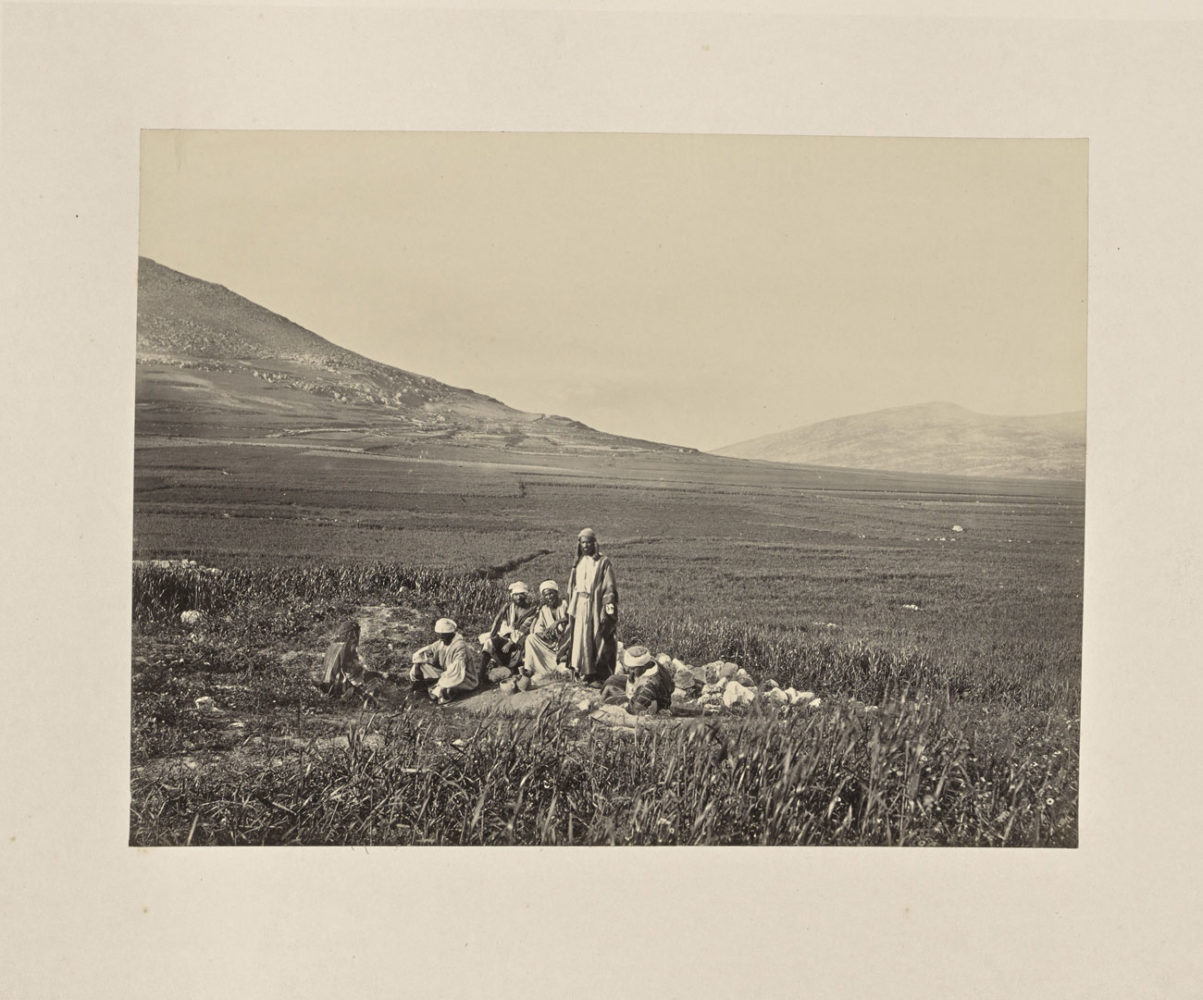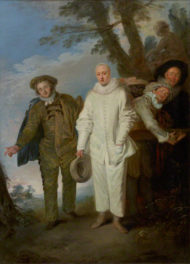For centuries, Americans and Europeans saw the lands of the Bible—known variously as Palestine, western Syria, and the Holy Land—through idealized pictures and their own imaginations. That changed in the mid-1800s with the advent of photography, which went hand in hand with the rise of mass tourism.
Photographers set up shop in tourist hotspots such as Jerusalem, creating an avalanche of souvenir albums, prints, and postcards that made the Holy Land suddenly a familiar sight in European and American living rooms.
These photographs carried the presumption of truth, an impression that commercially savvy photographers such as Frances Frith—who called truthfulness the “peculiar excellence of photography”—were eager to trumpet.
In fact, photographs were as much products of the imagination as the fantastical Orientalist paintings that came before. Early photography required long exposures and extensive setup, and photographers were as adept at casting and set decoration as any Broadway producer. Those grave, Biblical-looking shepherds around the well of Jacob in the photograph above? Models posed, and likely even garbed, by photographer Frank Mason Good.
In this lecture, offered to complement the exhibition In Search of Biblical Lands: From Jerusalem to Jordan in Nineteenth-century Photography, curator and historian of photography Kathleen Stewart Howe explores these themes, probing the associations connecting photography and tourism and the disconnect between the “land of milk and honey” of the imagination and the “dismal scenery” Christian visitors encountered.
She ends by discussing the sense of nationality for British and American visitors that came to be centered on Palestine. Photographs of the Holy Land, it turns out, had political reach: by promoting a sense of ownership over this landscape, they played a role in Britain’s claims to Palestine—claims that echo to our own day.





i cannot save the file.. any help?
Apologies! The coding for the audio picked up an error since this post was originally published. It should work now. Thanks so much for noticing.